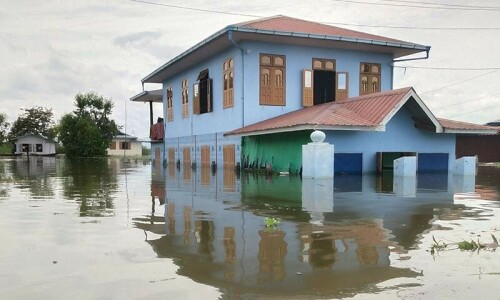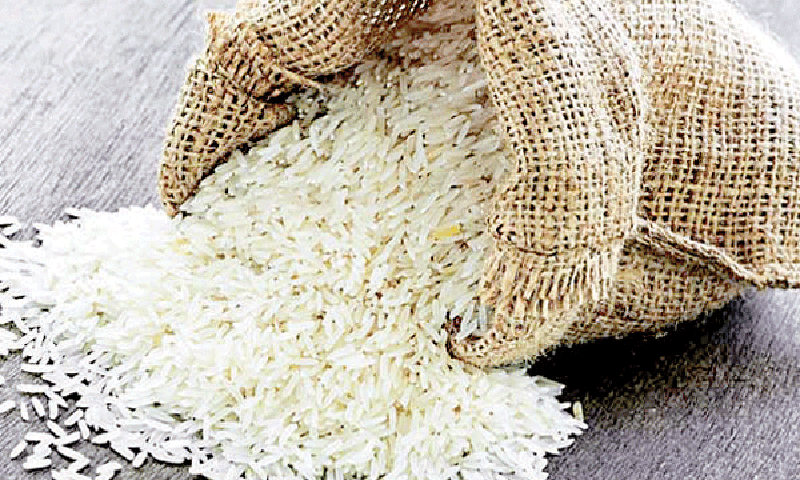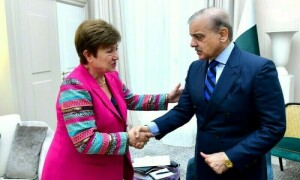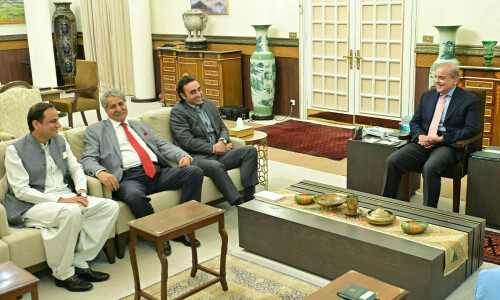NEW DELHI: The death of Indian cricket supremo Jagmohan Dalmiya was set to trigger a new leadership battle in the game’s global powerhouse, with experts Monday predicting vicious infighting between rival factions.
Dalmiya, president of the Board of Control for Cricket in India (BCCI), died Sunday at a hospital in Kolkata where he was being treated for a heart condition, with no designated successor.
The 75-year-old was widely hailed Monday as the man who transformed India into the most powerful nation in international cricket by presiding over a massive increase in TV revenues.
Observers also warned his death could signal fresh turmoil at the top of the board, with Narayanaswami Srinivasan, the controversial head of the International Cricket Council (ICC), tipped to try and wrest back power.
The death of Dalmiya came only months after his own return to the helm of the BCCI as a consensus candidate following Srinivasan’s effective toppling in a corruption scandal.
Veteran cricket commentator Ayaz Memon said Dalmiya was the only person who had been able “to keep a semblance of decorum intact” between rival factions.
“The power struggle will be there between the two powerful factions. The only thing is it will be subterranean rather than out in the open,” Memon told AFP.
 |
| FORMER president of BCCI Narayanaswami Srinivasan arrives at the funeral.—AFP |
The Hindustan Times said supporters of both Srinivasan and his rival Anurag Thakur, who is BCCI secretary and the board’s de facto number two, were gearing up for battle, predicting “tricky days ahead for the BCCI”.
Srinivasan was forced to stand down as BCCI president after being found guilty of a conflict of interest over his ownership of a team in the Indian Premier League, the BCCI’s money-spinning Twenty20 tournament.
The blow was softened as he became chairman of the ICC but India’s pre-eminent position means it is usually the BCCI rather than the sport’s governing body that calls the shots on major decisions affecting the game.
Thakur is the head of the youth wing of India’s governing Bharatiya Janata Party as well as being an MP, giving him crucial political clout in the battle against Srinivasan’s allies who remain on the board.
With Dalmiya largely absent from the scene, relations between the two camps have become increasingly bitter.
Thakur recently accused Srinivisan of employing private detectives to eavesdrop on BCCI officials.
 |
| INDIA’s former captain Saurav Ganguly looks dejected.—AP / Chief minister of West Bengal Mamata Banerjee (centre) shows respect for the dead body.—AFP |
Speaking on condition of anonymity, one BCCI official said a special general meeting would have to be convened within 15 days to elect a new chairman, expressing hope of “a consensus candidate” emerging.
DALMIYA LEGACY
But cricket writer Vijay Lokapally said there was no obvious unity candidate.
“It’s an unprecedented situation because no sitting BCCI chief has died in office before. I am sure there will be a big tussle now for the position,” Lokapally told AFP.
The political infighting within the BCCI has become more intense over the last two decades, coinciding with India’s rise within the game.
Dalmiya, who held a variety of BCCI posts, first came to prominence by bringing the 1987 and 1996 World Cups to the sub-continent.
He helped negotiate television deals worth tens of millions of dollars, a remarkable turnaround given the BCCI originally paid India’s public broadcaster to televise matches.
Cash-strapped cricket nations such as Sri Lanka and the West Indies grew increasingly dependent on Indian tours and TV deals for their financial survival, making them desperate to stay onside with the BCCI.
Dalmiya went on to become ICC president from 1997-2000 and BCCI president from 2001 to 2004 before being marginalised and then expelled over allegations of financial irregularities of which he was later cleared.
His comeback in elections in March was seen as a vindication of his long battle to clear his name, but health problems meant he left much of the board’s day-to-day running to Thakur.
Published in Dawn, September 22nd , 2015
On a mobile phone? Get the Dawn Mobile App: Apple Store | Google Play














































